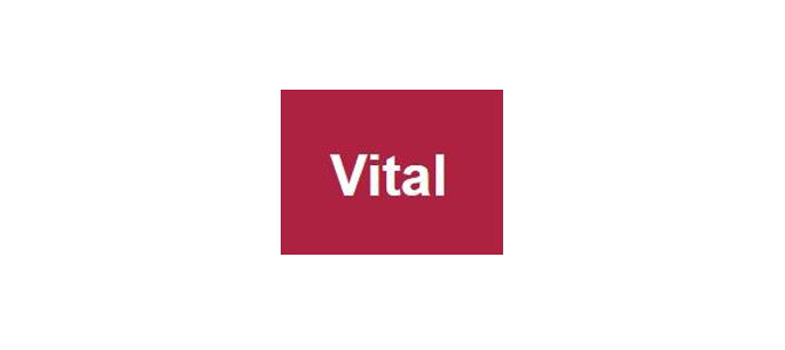Wikis and e-safety

E-safety is an issue to be considered whenever young people use the Internet. In this part of the course you will think about how a wiki can be used safely and ethically. This is particularly important given that anyone can edit any page on a wiki - but only if they have been given permission.
Activity 3 Wikis and e-safety
![]() The objective of this course activity is to begin to understand some of the issues and options you have to ensure a safe use of a wiki.
The objective of this course activity is to begin to understand some of the issues and options you have to ensure a safe use of a wiki.
Go to this resource on e-safety [Tip: hold Ctrl and click a link to open it in a new tab. (Hide tip)] .
What would you do as a teacher to enhance the safe use of wikis?
Note down your answers and then look at the discussion that follows.
Discussion
![]() If using a wiki within a school, it is critical that its use is reflected in the school acceptable use policy (AUP). You might want to refer to your schools AUP. What does it say about the use of self-authoring / collaboration tools such as wikis? Does it need to be amended in light of this activity? If your school doesn't have an AUP you might want to download AUPs in Context: Establishing Safe and Responsible Online Behaviours. This publication provides a number of prompts and action points to help schools to develop effective AUPs
If using a wiki within a school, it is critical that its use is reflected in the school acceptable use policy (AUP). You might want to refer to your schools AUP. What does it say about the use of self-authoring / collaboration tools such as wikis? Does it need to be amended in light of this activity? If your school doesn't have an AUP you might want to download AUPs in Context: Establishing Safe and Responsible Online Behaviours. This publication provides a number of prompts and action points to help schools to develop effective AUPs
When you’re creating a wiki there are usually options to password protect it, to restrict access to specified users, or to make some areas public. There is always a facility to look at the history of changes to content and to see who has made those changes. These facilities should be referred to by the AUP.
A Wiki Warranty can also be used within the class to provide a focus and to reinforce e-safety using wikis. This example can be modified for use within your class or school.
Another merging issue is the ethical use of wikis and the ability for co-authors to easily overwrite or delete the contributions of others. Vandalism or An Accidental Overwrite: A Wiki Warning by Oliver Dreon Jr. (2008) is an interesting example of what can happen.
Safety tips when using wikis:
- Educating pupils that they are responsible for any anything they may write or edit is a good starting point for using wikis safely and ethically.
- Anyone can edit any page on wiki. They can also see what anyone else has written on a wiki – but only if they have been given permission. Think about what permissions users need.
- When you creating a wiki there are usually the options to password protect it, to restrict access to specified users, or to make some areas public.
- There is always a facility to look at the history of changes to content and to see who has made those changes.
- Remind pupils not to include personal information about themselves (including photographs), other pupils, staff or family members that can allow someone to be identified or located geographically.
![]() Want to find out more? (Optional)
Want to find out more? (Optional)
Here are some useful websites about e-safety. These examples do not refer specifically to wikis but they do provide a useful introduction to e-safety and many of the issues that schools need to consider.
This programme, based at Parkwood Primary School in Bradford, demonstrates five key messages which underpin its whole school approach to e-safety.
Know IT All provides a suite of education resources designed to help educate parents, teachers and young people about safe and positive use of the internet.
Thinkuknow is a website about e-safety for pupils, teachers and parents. You’ll find out what’s good, what’s not and what you can do about it. There are games and resources you can use in the classroom.
Digital Citizenship website is about building safe spaces and communities and how to manage personal information. It provides resources and games for classroom use. The cyberbullying resources are particularly useful.
The Child Exploitation and Online Protection (CEOP) delivers a multi-agency service dedicated to tackling the exploitation of children. This website provides guidance for teachers, caregivers and professionals.
Teacher voice
“… we've been thinking about e-safety quite a lot at my school. We had an e-safety week, where children took part in a wide range of activities. I also ran a meeting for parents … it really raised their awareness of the issues. One of the sites I showed to the parents was Think U Know. …It uses the excellent Cybercafe resources, which I've been using for many years as part of my Internet Safety lessons at the start of each year”.
Mark Warner, primary class teacher in Kent.
You can read more here about e-safety and the GlobalDover Wiki Project (2008). This is an optional activity.
Introducing wikis
